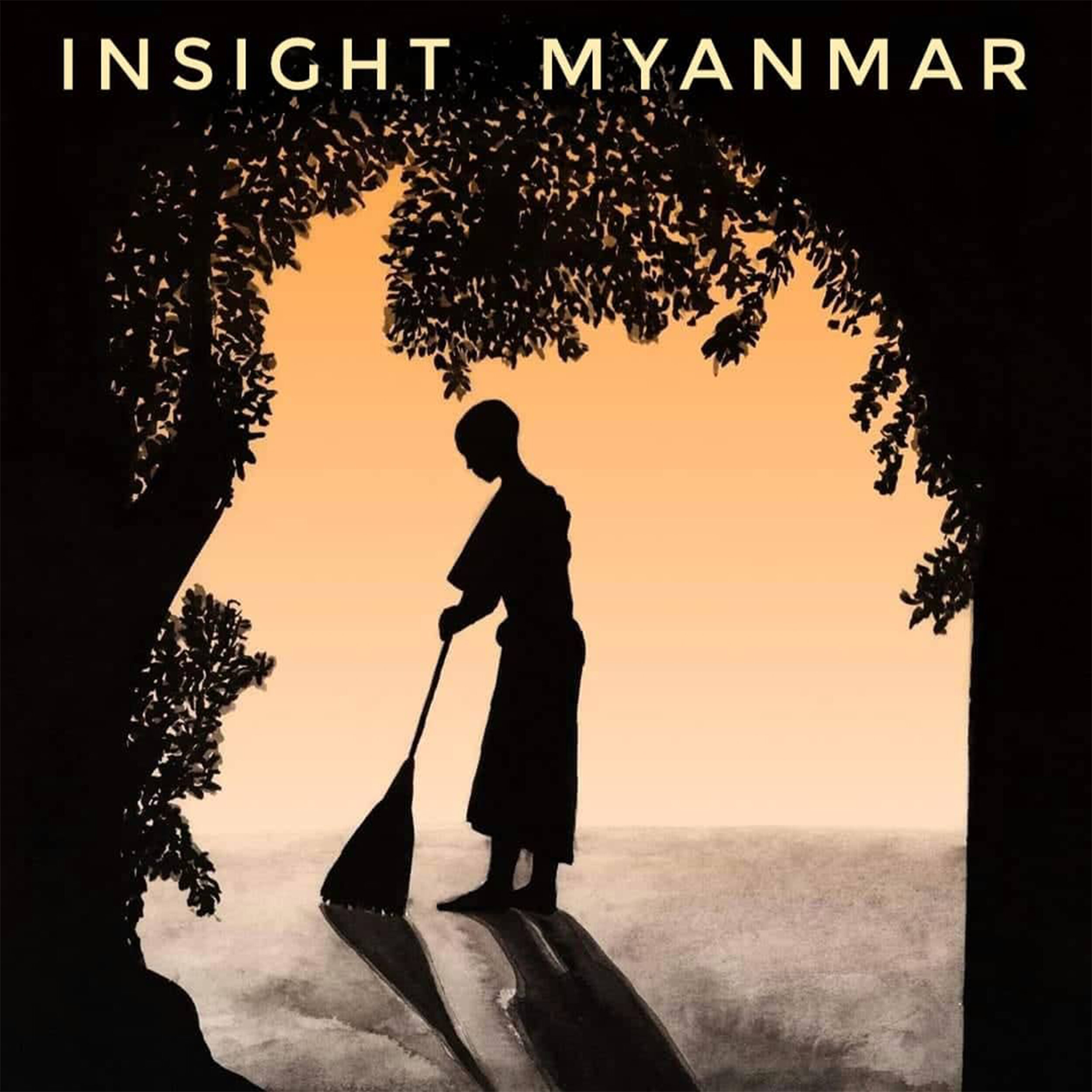Helping At All Costs
Delivering humanitarian aid is no simple task in war-torn Myanmar. At every stage of our humanitarian efforts, we have to consider both safety issues for all concerned, as well as how to ensure that funds get exactly where they are intended to go. Fortunately, in these three years, we’ve not had any incidents. However the following story, told by our team leader, illustrates just how careful one must be. We thank all of our donors for supporting our mission up to this point.
As the in-country representative of Better Burma (BB), I faced many challenges and delays implementing the project to deliver rice to the survivors of rural villages around Monywa that had been burned to the ground by the Pyu-saw-htee, or pro-military militias which are raiding our villages now. In total, 597 homes were destroyed, and everyone had to flee on foot. These victims were displaced to other villages in the same township or neighboring townships. Since the villagers had to to flee barefoot, they could not bring anything with them, and there was a lot of hardship for them in relocating, especially regarding food, the most basic need. This is part of the military’s terrible Four Cuts strategy which they are now using in the Sagaing region, after many years of terrorizing our ethnic brothers and sisters.
Well, to arrange this aid, first I had to secretly communicate with a 21-year-old, local organizer, who is actually a former student and member of the administration committee of these refugees. He was deeply involved in providing humanitarian relief to the vulnerable villagers. The communication was complicated due to internet outages and banking disruptions, and I had to devise plans to safely send money. Travel was impossible; military checkpoints blocked all the roads, including the critical Monywa-Mandalay Road and the route to Myaung Township. Despite two attempts, I couldn't reach the target areas due to military campaigns and its strict control over the area. The local organizer and his team also faced travel restrictions and delays. And Due to the scarcity of rice in the area, the local organizer and his team could not get sufficient rice from vendors, nor could they go to the nearest town to purchase it as it was controlled by the military. So finally, they traveled to two other villages where the rice vendors were able to collect rice from local farmers. The local administrative committee members transported the rice sacks by motor bikes along the country roads. Eventually, we managed to purchase 33 sacks (1584 kilos) of rice. However, since the refugees were dispersing into different areas, the committee also had difficulties collecting the list of the families in the most dire need. In order to be successful, many people had to work very hard, and very carefully, to finally reach those in need and assure every kyat of our donor’s generosity reached where it was supposd to. In the end, we distributed 2 Pyis (4 kilos) of rice to each family in need.
The local organizer then traveled to an area with sufficient internet to send photos of the donation, but safety concerns prevented any communication for months. Finally, I recently reconnected with a relative of one of the project beneficiaries. Through him, I learned that tragedy struck, that the organizer and his 24 teammates had been killed, along with three others. They were captured and murdered by military troops although they had surrendered peacefully—they were executed point-blank. The morning after I spoke to that beneficiary, photos and news of the massacre also reached me through former students and friends of the organizer. Local news agencies confirmed their deaths, reporting they were shot in the head after being brought to a field with hands tied.
With a heavy heart, I, the representative of Better Burma (BB), feel compelled to draw attention to their truly brutal murders, and the widespread atrocities perpetrated by the Myanmar military across the Sagaing Region and throughout Myanmar. I implore you to understand the devastating impact these acts have had. Once thriving communities of farmers and peasants have been devastated, and the villagers cannot rebuild their lives in the relocated areas. They have lost everything, from homes to livestock and even small personal treasures, as they were forced to flee with nothing but the bare essentials.
The dreams and wishes of the local organizer, who sacrificed his life for the country's democracy and the people's freedom, are yet to be realized. His vision of helping villagers build bamboo huts in their new settlements remains unfulfilled. A month before the donation, I encountered a poor woman from a burned village at a bus stop in my hometown. She was begging, not out of habit, but necessity, seeking to cover her bamboo hut with palm leaves before the rainy season set in. Her plea is a stark reminder of the dire situation many are facing, a situation that demands immediate attention and action.
In a heart full of sorrow, I plead for help. We need support for the villagers, for food, for shelter. Every small help from you is big one for us. Your donation is hope, it is life for people who are trying to survive around us. Please, help us make a difference. Together we can rebuild, and bring back hope. Thank you for your kindness, it means everything for us in these hard times.
Your help is light in this dark…
